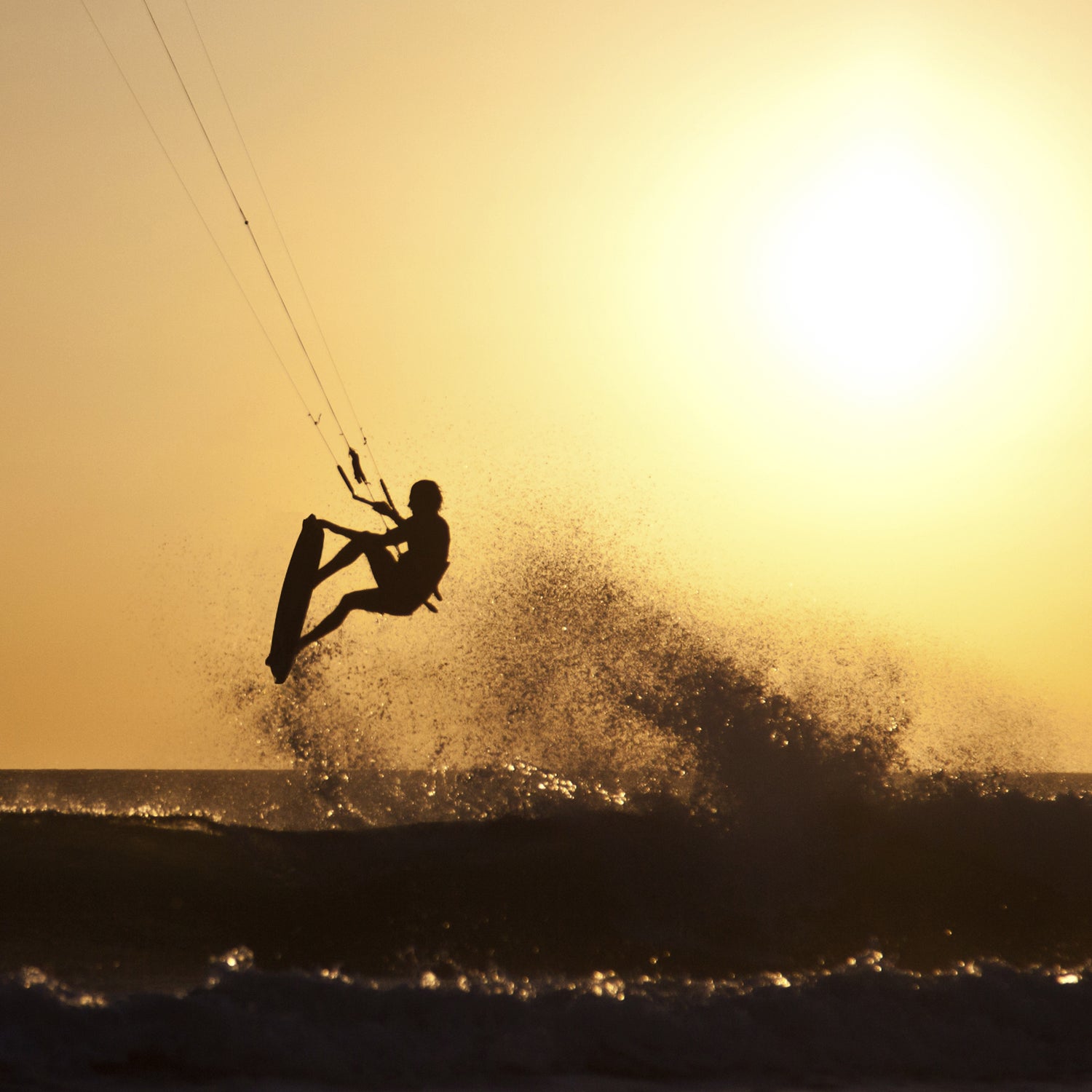Drinkable sunscreen might sound convenient, but the science behind it is dubious.
A company called claims that a three-milliliter dose of its UV Neutralizer Harmonized Water can protect your skin from 97 percent of UVA and UVB rays for a three-hour period, and also help you tan. According to the company, the product is “imprinted with unique, vibrational waves which isolate out the precise frequencies needed to protect you from UV rays.”
Dr. Ben Johnson, the product’s creator, claims users have found it to be effective. “This has been for sale for two years and the right candidates (those not on sun-sensitizing meds or illnesses) prefer it over sunscreens in almost every case,” he says. Though Johnson says he has tested it on about 50 people, the FDA has not reviewed the product and its literature, nor has it gone through an independent clinical trial. Johnson says that will happen next month. “This is a new science. What I am describing sounds too good to be true for many.”
Meanwhile dermatologists outside of the company are skeptical that the product will be an effective replacement for sunscreen.
“It’s not something that has a slot of scientific evidence behind it, and certainly nothing that’s been presented at any of the major scientific meetings,” says Dr. Thomas Rohrer, a dermatologic surgeon in Boston and a member of the . “There isn’t any scientific literature supporting it. If someone is using that as their sole means of sunscreen, I think it would leave them very vulnerable to UV rays.”
Dr. Brian B. Adams, a professor in the Department of Dermatology at the University of Cincinnati College of Medicine, is also skeptical. “I would love to see the data on this,” he says.
Sticking with proven sun protection is a safer bet. Rohrer recommends sticking with standard sunscreen, using an SPF of at least 30—though he tends to use the highest SPF—and reapplying often. If you’re going to be outside a lot, he suggests you try to avoid being exposed to sun between 10 a.m. and 2 p.m., and wear a hat.
“I always tell patients, even skin cancer patients, you don’t have to live under a rock,” Rohrer says. “Just be responsible.”
And remember, skin cancer isn’t the only danger. “Long term sun damage doesn’t only cause skin cancer, it causes wrinkles and premature aging of one’s skin,” Adams says.


